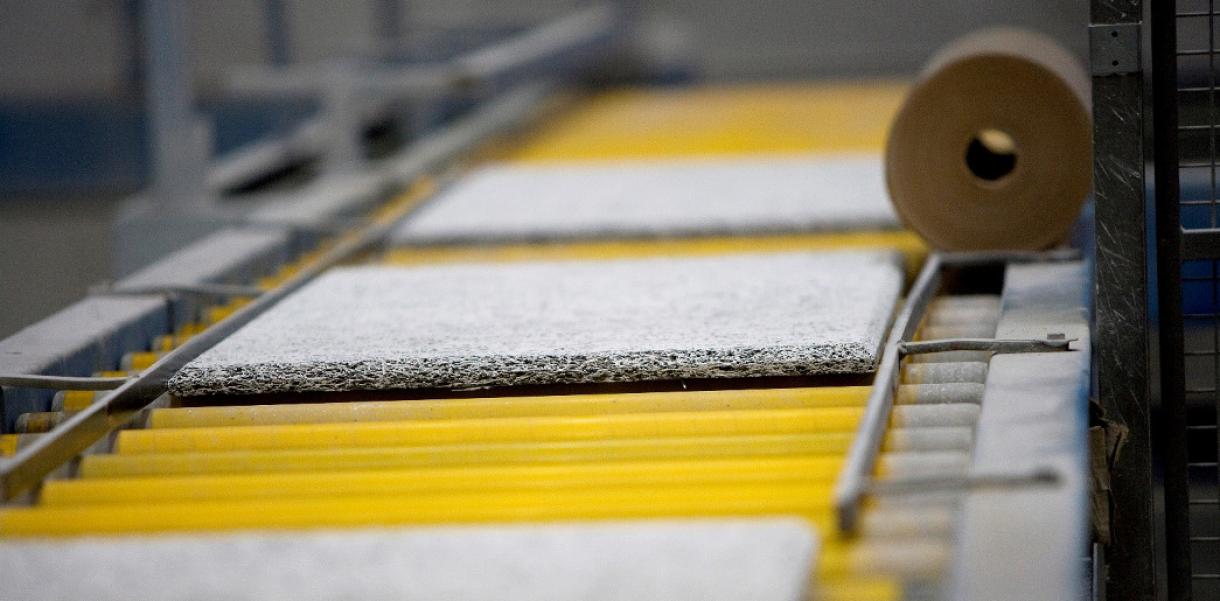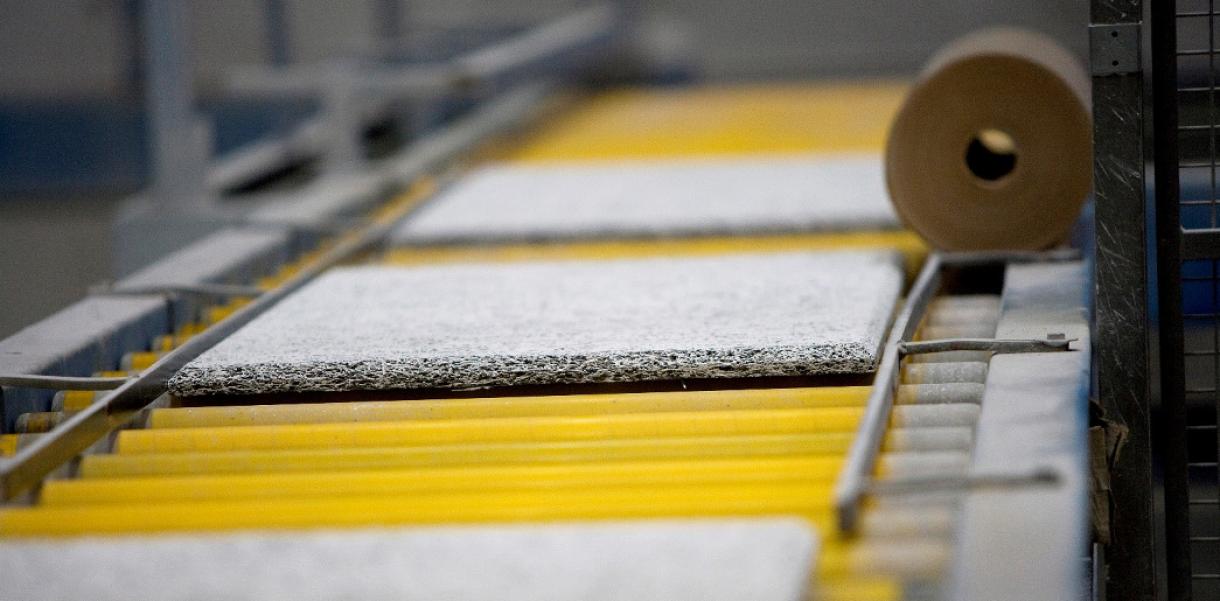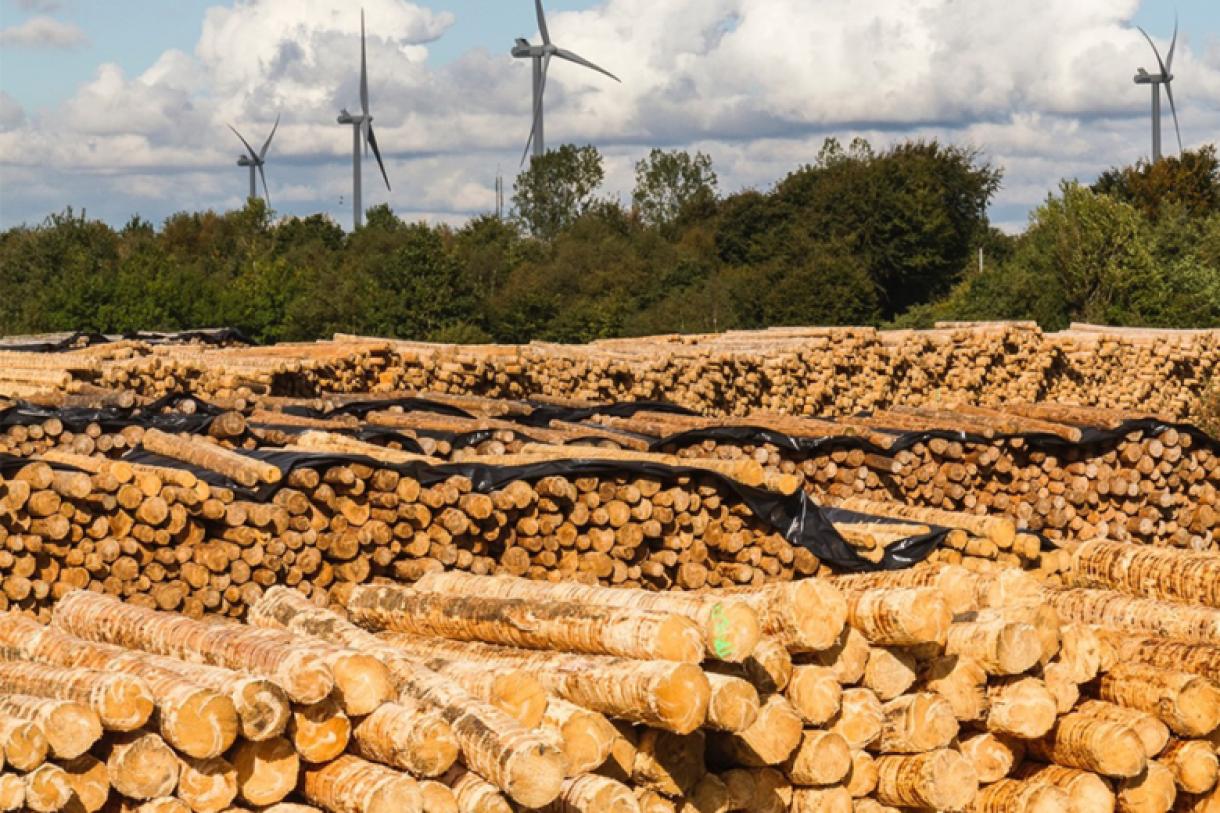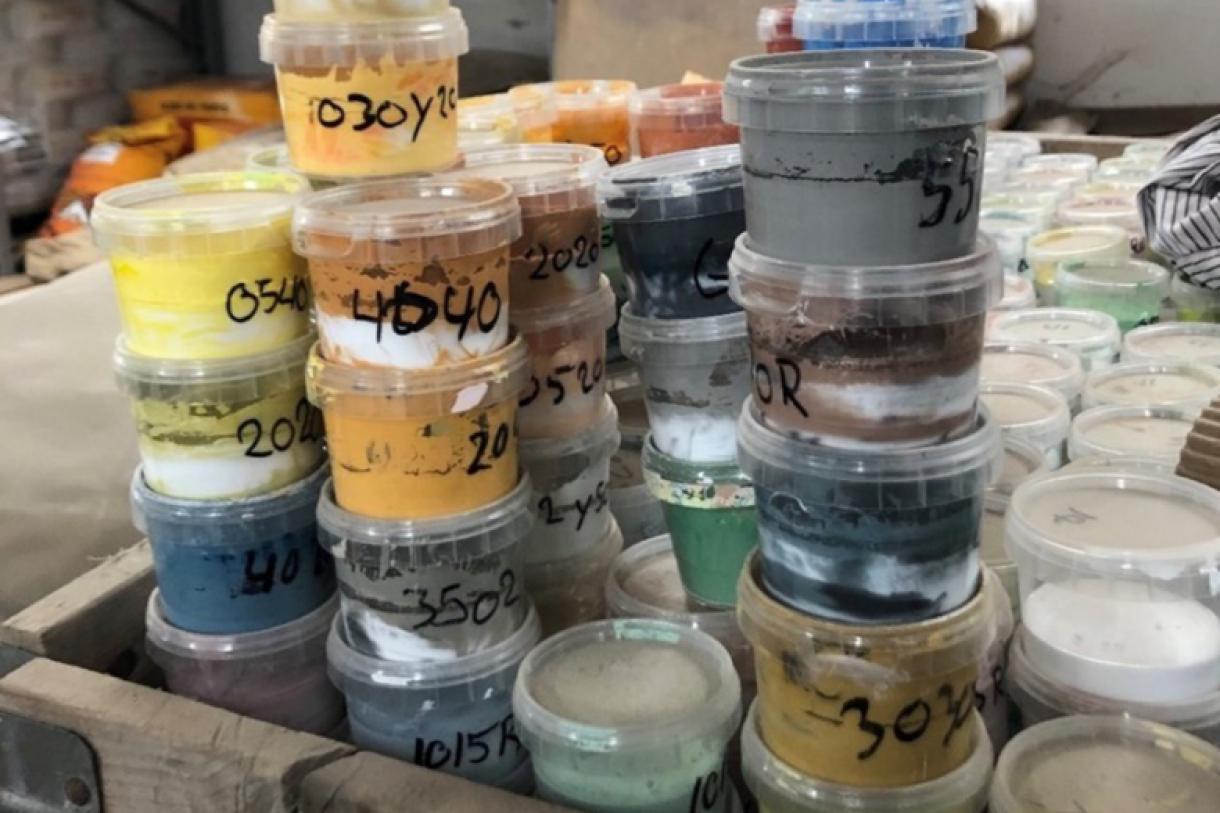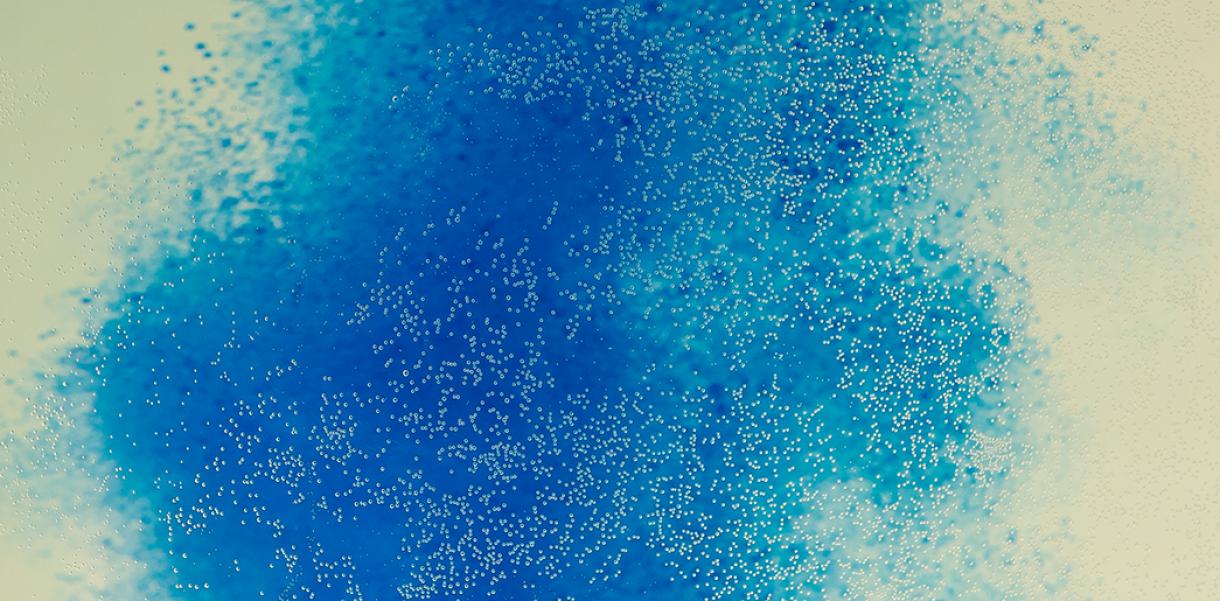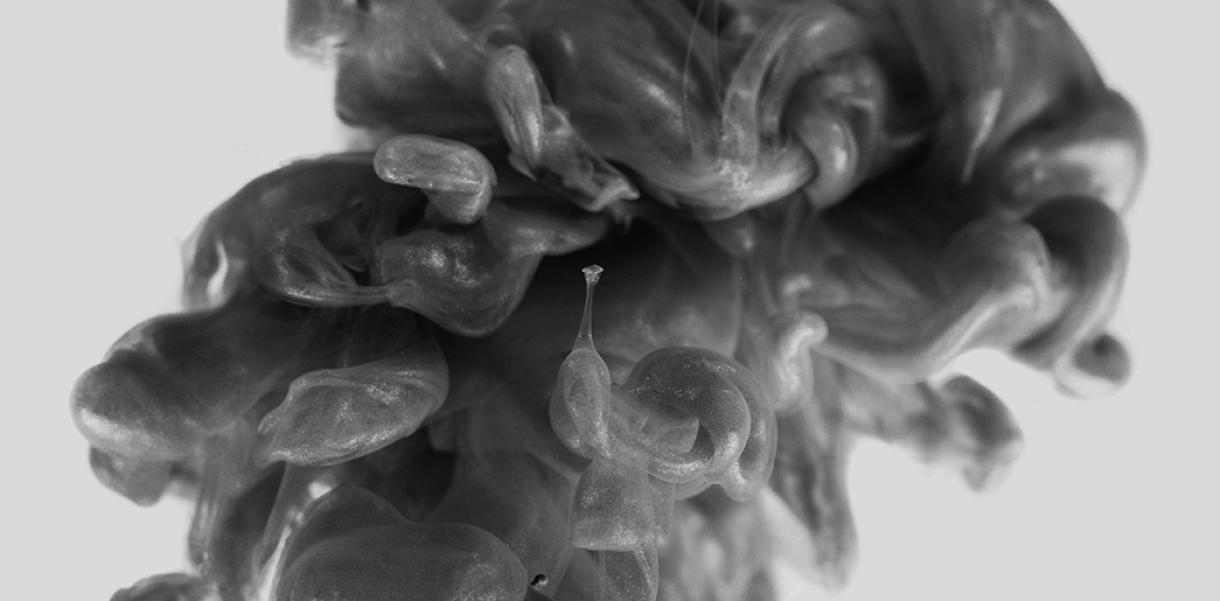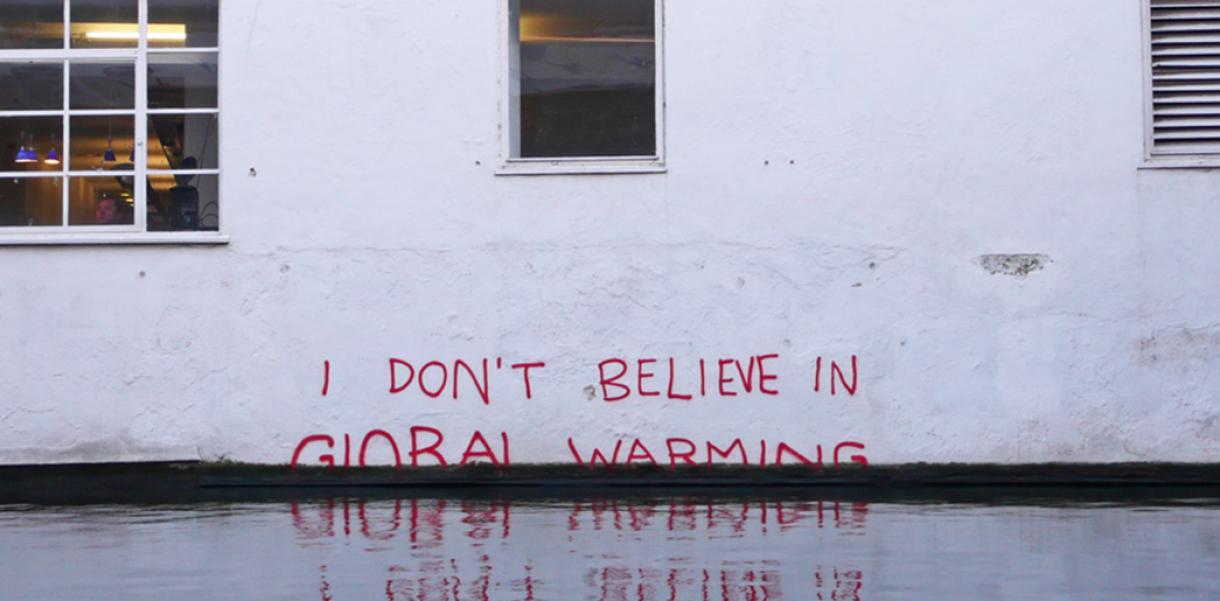For the past few months, we’ve visited various companies around Denmark to explore how they work with sustainability. Their approaches, challenges and dreams differ but, almost, all of them see the potential of sustainability in business. Two of them were founded several decades ago with no particular sustainability agenda running in their veins. Their change towards a more sustainable production has brought both challenges and opportunities.
TROLDTEKT: Changing mindsets in the organisation
The Tranbjerg-based company, Troldtekt, has manufactured acoustic panels made of wood and cement since 1935. In 2006, the founder passed away and the current CEO, Peer Leth, stepped up to continue running the business. Leth places transparency high on the agenda, which has lead to the company’s current reputation as one of the most transparent businesses in the Danish construction industry. In 2009, the company began to change its’ production processes to apply for the cradle-to-cradle certification.
The same year, the idea of circularity was conceptualised in the book Cradle to Cradle: Remaking The Way We Make Things, making it the well-known and widely used sustainability measurement framework that it is today. As a result, the vision of a circular production process was suddenly lifted to an operational level.
“When you make these kinds of changes, it means opting out of something else.”
With a desire to push sustainability closer to the business engine, Troldtekt introduced the circular production principles to the organisation. But, this was at a time when only a few people knew about the concept. In the early stages, the company met internal resistance, especially due to the shifted views on profit and the company’s production processes.
Company CEO, Peer Leth, explains: “When you make these kinds of changes, it means opting out of something else — we had a few product areas where we could make easy money. As we introduced the cradle-to-cradle certification, we automatically signed up to make sure we always completed our processes in certain ways to secure a high sustainability level. In the beginning, several employees found this hard to comprehend: ‘We could have made a profit here,’ they would say. And, we sure could but, then we would have compromised our integrity”.
One way the company addressed helped address this resistance was by handing over power to the employees, asking them to come up with a new vision and mission statement around sustainability, which they felt made sense. This initially took shape as internal workshops but, was later followed by initiatives such as sourcing exclusively local materials, establishing cross-industry partnerships and changing the way sustainability is stated and secured in contracts with suppliers and customers. These activities have all helped establish Troldtekt as one of the current Nordic market leaders of sustainable acoustic products.
KALK: Pushing for new structures in the industry
Originally established in 1976 as a chalk supplier for cultural heritage protected buildings, KALK (Danish for ‘chalk’, red.) today produces chalk products for the renovation industry through a fully sustainable production process. The company has always produced high-quality products but, nearly five years ago they started to explore how their products could become recyclable. Among other products, they supply construction projects with mortar made from chalk, which is traditionally made out of cement. KALK’s mortar improves the flexibility of construction and, compared to cement, also allows you to deconstruct and reuse the elements. This approach gave way to a new niche market within mortar supply and construction.
“KALK faced an industry that lagged behind the company’s development.”
When KALK took the first steps towards the production of recyclable products, they met very little internal resistance as most employees were ready and willing for the change. However, this eagerness wasn’t shared among their external suppliers. Circular production processes require a relatively large amount of documentation, which initially proved to be a problem for KALK’s pigments supplier. At the time, this supplier’s principles weren’t aligned with circular production and KALK wasn’t a prioritised customer due to their small size. In other words, KALK faced an industry that lagged behind the company’s development.
Today, the documentation process works more smoothly, thanks to a lot of effort and work on KALK’s side to push for a structural change. However, the CEO, Rasmus Jørgensen, predicts it will take another 5–10 years for the circular processes to become fully integrated into the industry.
Stay tuned! Throughout the year we’ll be sharing more insights and initiatives about sustainability and SDG work in Danish companies.
